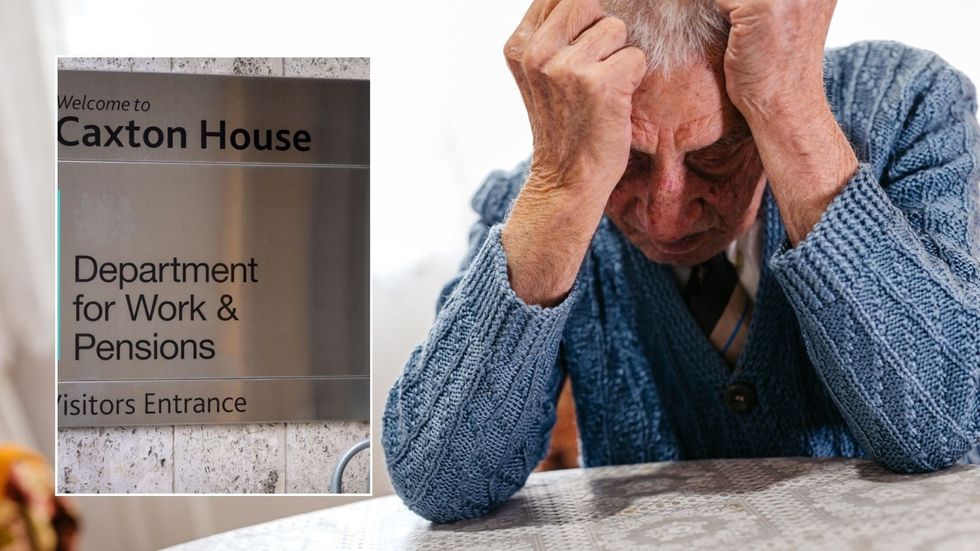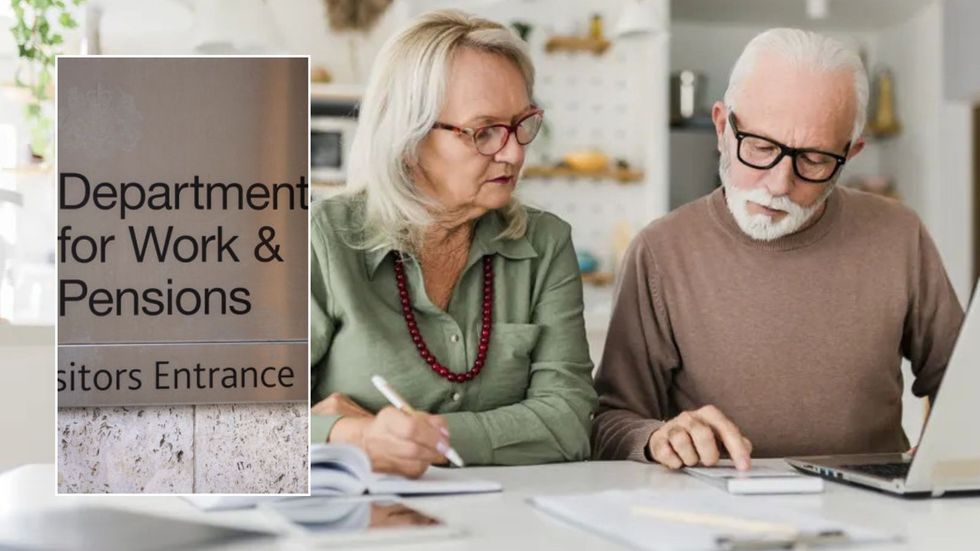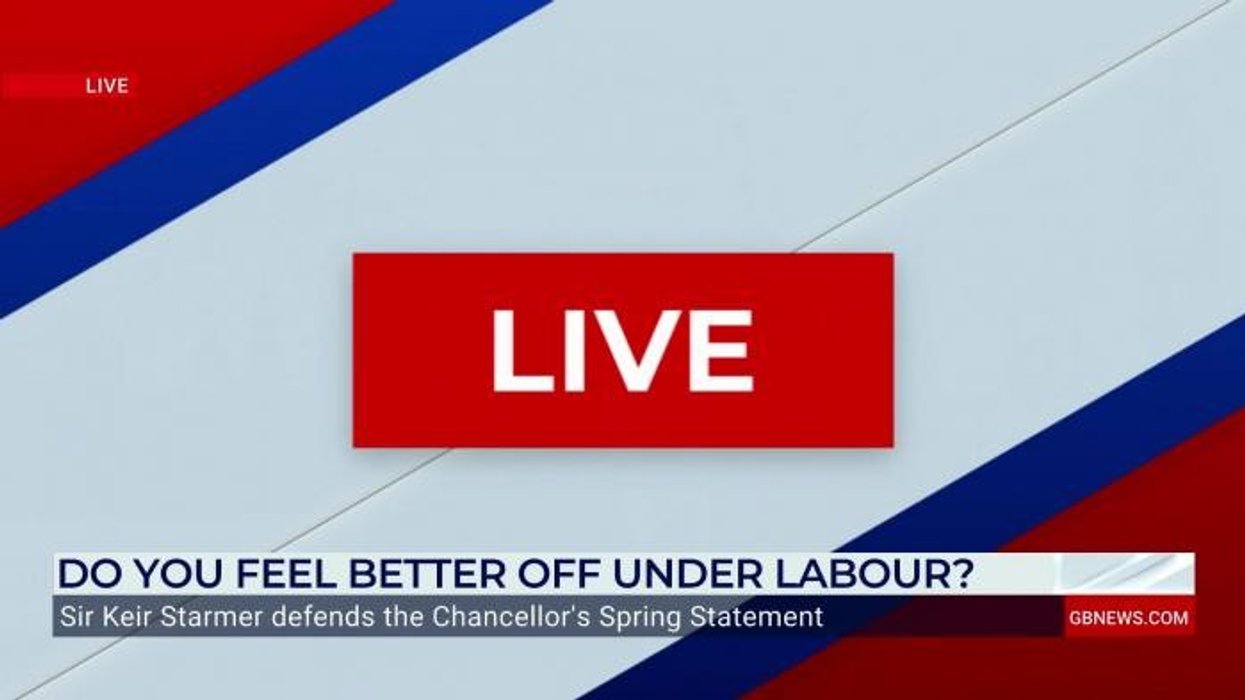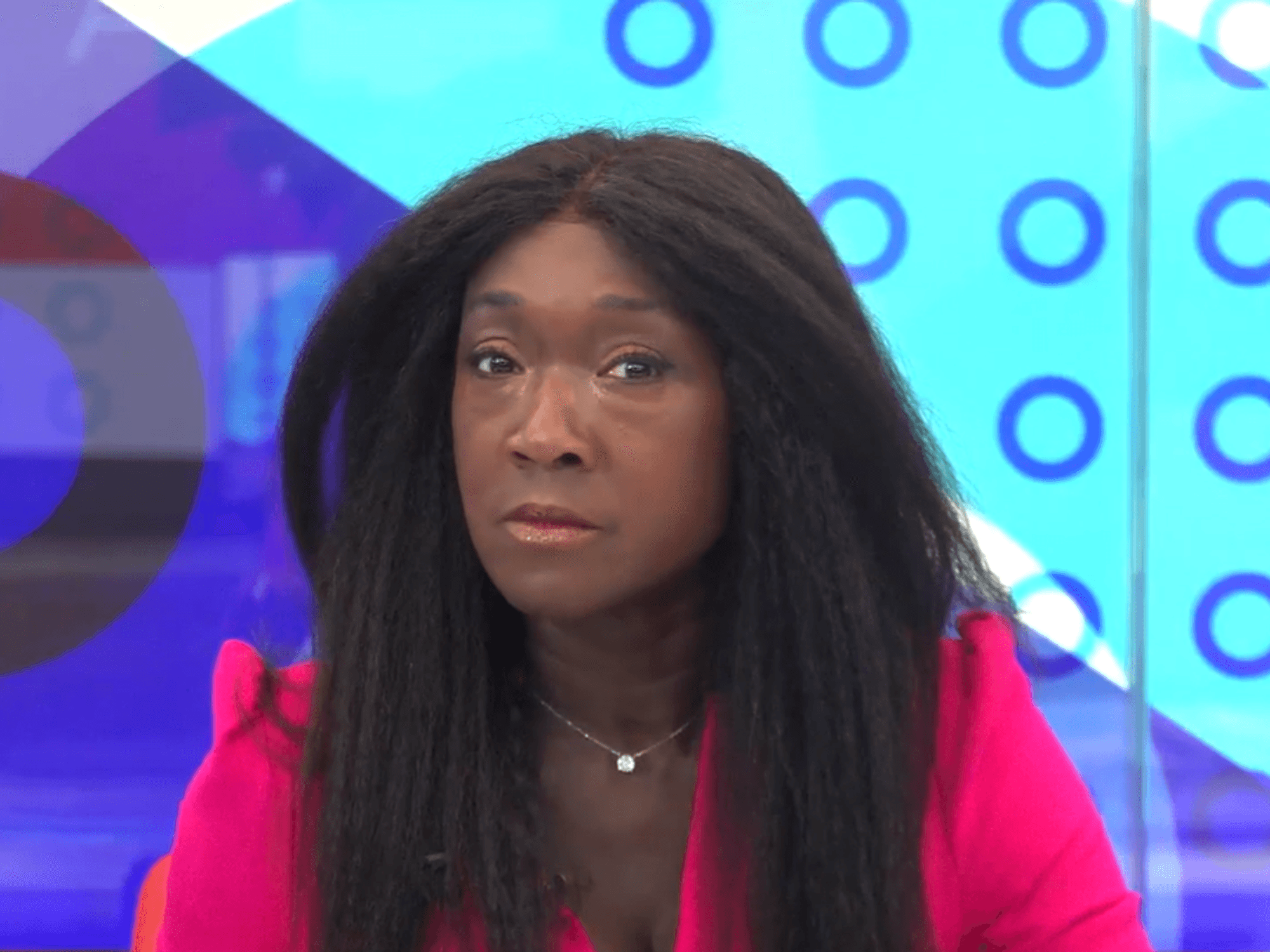State pension warning: Millions face £1,427 shortfall to afford the basics in retirement

Pensioners are being urged to use personal savings to bridge the gap for basic retirement standards
Don't Miss
Most Read
Latest
Millions risk falling short in retirement as everyday costs outpace income from the state pension.
New figures suggest even the most basic standard of living may be out of reach without extra savings.
According to the latest Retirement Living Standards from the Pensions and Lifetime Savings Association (PLSA), a single person now needs £13,400 a year to achieve a minimum retirement lifestyle. This is £1,427 more than the full state pension, which is set at £11,973 for the 2025 to 2026 tax year.
The minimum lifestyle standard covers basic essential needs with a small margin for leisure, but leaves little room for unexpected costs or flexibility.
For example, it allows for:
- Around £55 per week on groceries, £30 per month eating out, and £12 per month on takeaways
- A single week-long UK holiday
- Basic digital access: a TV licence, broadband, and a single streaming service with adverts
- £20 per week for leisure activities
- No car, but includes a free bus pass, £30 monthly for taxis, and £180 annually for three rail journeys
- Up to £450 a year for clothing
- A modest £20 budget for each birthday and Christmas gift
- Just £200 a year for DIY home maintenance
While this minimum figure has fallen by £1,000 from last year due to lower energy prices and adjusted spending expectations, the state pension still leaves a sizeable gap for many.
For couples, the minimum required income is £21,600 a year. Two people each receiving the full state pension would get £23,946 in total, allowing them to just about cover this benchmark.
However, the challenge remains steep for single pensioners, many of whom do not have additional private savings or access to employer pensions. Without extra support, they may face difficult decisions about spending, housing, and even heating during retirement.
Do you have a money story you’d like to share? Get in touch by emailing money@gbnews.uk.
 New research is giving people a "wake-up call" over the state pension | GETTY
New research is giving people a "wake-up call" over the state pension | GETTY In August 2024, 1.36 million households in Great Britain were receiving Pension Credit, a means-tested benefit aimed at boosting the income of the poorest retirees.
Of these, 1.18 million were single pensioners. This highlights the scale of financial vulnerability facing older adults living alone.
Experts continue to urge younger workers to start saving earlier and more consistently.
Ed Monk, Associate Director, Fidelity International said: "For those hoping for a little more in retirement, however, the news is less good. The rise in what it takes to give yourself a moderate standard of living in retirement - let alone a comfortable one - underlines the importance of providing your own retirement income.
"Based on the new PLSA numbers, a comfortable standard of living costs £43,900 of expenditure for a single person. That translates into a pre-tax retirement income of around £52,000**. That will be simply unattainable for most of us."
 Pension ages are rising across the developed world as countries come to terms with the combination of people living longer | GETTY
Pension ages are rising across the developed world as countries come to terms with the combination of people living longer | GETTY Calculated by the Centre for Research in Social Policy at Loughborough University on behalf of the PLSA, the RLS describe the cost of three different retirement lifestyles: Minimum, Moderate, and Comfortable. The research is based on multiple in-depth discussions with members of the public from across the UK.
Across all retirement living standards, the weekly domestic fuel budgets have fallen by more than a quarter since the 2023/2024 RLS update:
- For a two-person household at the Minimum, the fuel budget has fallen by £12.44 per week, making up a significant part of the total decrease.
- For one-person households, the drop is £8.82 per week.
- At the Moderate and Comfortable levels, energy costs are also lower – falling by £16.74 and £15.38 per week respectively for two- and one-person households.
Monk said: "Solutions to funding retirement may take more innovative thinking as well.
"Improvements in health mean we can be more active, more social and busier at older ages than in the past. Working longer - hopefully on terms that suit us - is likely to be part of the answer, especially when combined with sensible saving and financial planning in our working lives.
"The earlier people engage, the fewer compromises they’ll need to make."
 The PLSA sets three retirement lifestyle standards to help people understand potential retirement costs | GETTY
The PLSA sets three retirement lifestyle standards to help people understand potential retirement costs | GETTYZoe Alexander, Director of Policy and Advocacy at the Pensions and Lifetime Savings Association, said; "We’re not just seeing changes in costs, we’re seeing changes in how retirees live. Retirement isn’t a one-size-fits-all experience.
"The Standards recognise that retirees can share costs, often with a partner, and that can make a huge difference to affordability in later life."











